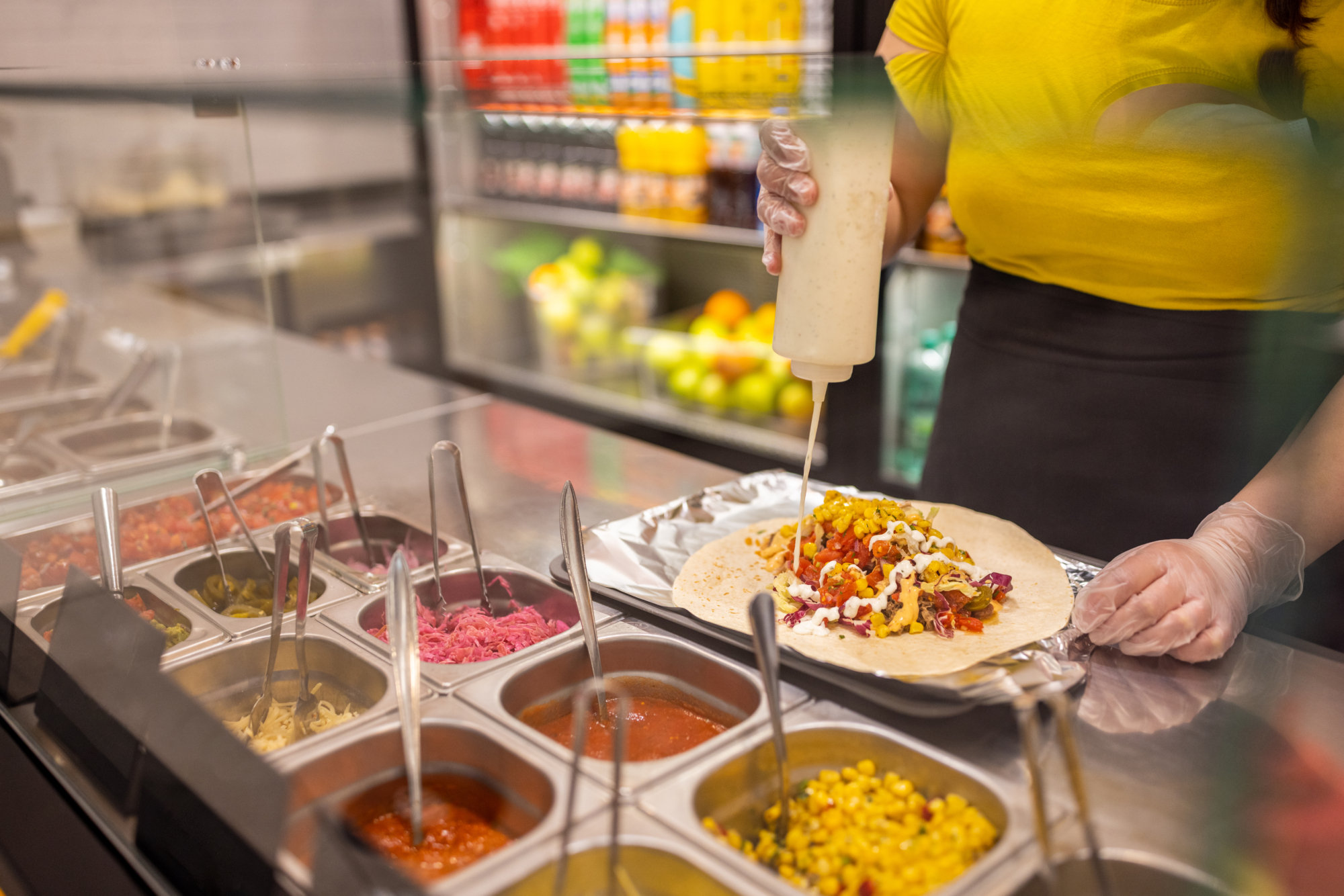Why is Authentic Food So Hard to Find in the U.S.?
As a nation, the United States is a melting pot of global cultures. So why is it that you find the same dishes in Italian restaurants and Indian restaurants no matter where you are? While there are many reasons why authentic food is hard to find, there are a few prevalent reasons. Let’s explore them, shall we?
Immigrants Had to Get Creative & Cultivated New Varieties of Cuisine
When immigrants or refugees move to the United States, they don’t always have the same ingredients available to them nor the resources to pay for imported products. So, they improvise!
For example, when Italian migrated to the United States generations ago, they adapted to having less fresh produce available and the high cost of very standard Italian commodities. As such, arancini (fired Italian rice balls) ere made from Uncle Ben’s instant rice instead of Arborio rice and garlic bread was born as a substitute for bruschetta, which required expensive olive oil, fresh tomatoes, herbs, and onions. So, many of the restaurants here in the U.S. are now serving the Americanized versions of authentic, local cuisine that their grandparents cultivated out of necessity generations ago.
Food Traditions Adapt to Local Culture
In China, many restaurants specialize in one dish and stick to it. You go to one place for Peking duck, and another for dim sum. But, in the United States, we’re very much accustomed to getting everything in one spot. So, when Chinese immigrants came to the United States, they created large menus with a little bit of everything, rather than one specialty or regional dish. They began catering (literally and figuratively) to an entirely new audience and culture with a different expectation of what it means to eat out.
Ultimately, food became a business, and immigrants who needed to make a living catered their offerings to local generalized populations dulling the flavors to blander tastebuds and removing traditional spices that were deemed “too foreign”. With that, restaurant food lost its authenticity.
Culinary School Teaches Skills, Not Recipes
Lastly, culinary school is an avenue most chefs take to get into the kitchen. Just like any university experience, these chefs are taught business and cooking skills, not tangible life lessons or recipes passed down for generations. Culinary schools instruct techniques, management skills, provisioning, etc. So, unless a chef has lived in a faraway place for a long period of time, they tend to stick to creating either what they know or what they were taught in school—Americanized traditional dishes and easily applied techniques for a quick menu fix.
Shef Can Help You Find Authentic Food in Your Neighborhood
Our community of shefs welcomes immigrants, refugees, aunties, daughters, uncles, neighbors, and more. Some of these talented cooks have over 10,000 hours of experience cooking delectable authentic dishes. Why? Because it has been one of their main ways of taking care of their families over the years.
Now, they can earn meaningful income while welcoming you to their table, sharing the culture and cuisine that makes them who they are. By using traditional methods and ingredients that they learned in the kitchen from their own families, you can explore flavors you haven’t experienced before.
Find a shef near you to explore the authentic flavors of traditional food from around the world!










